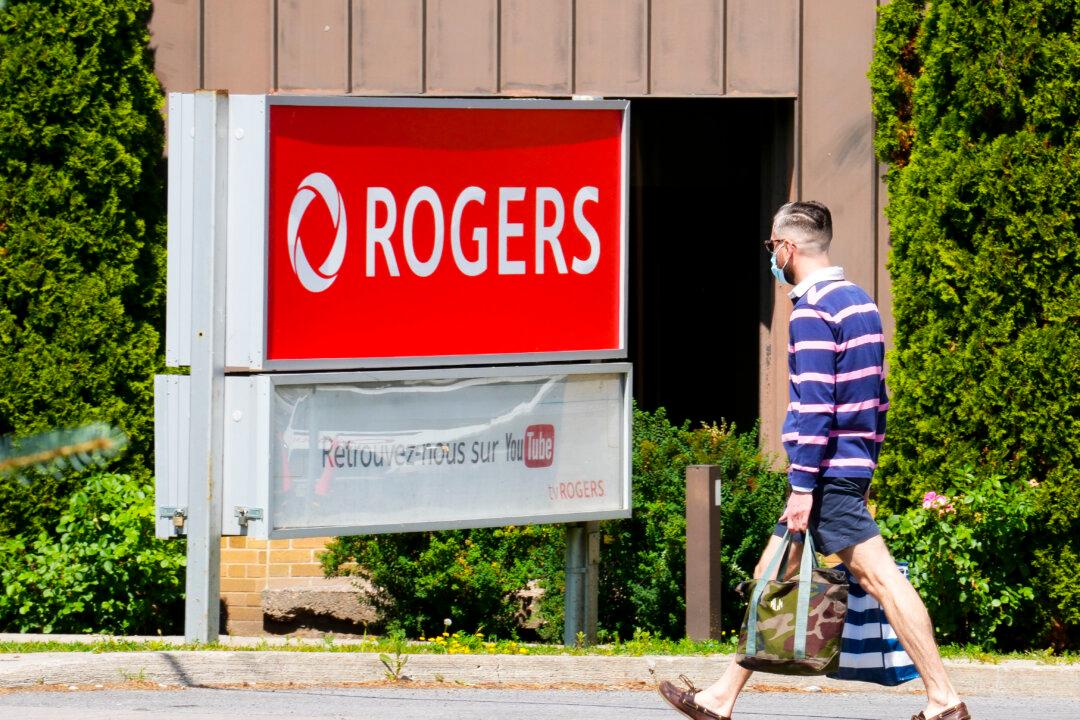Most Canadians are unhappy with both the affordability and reliability of internet service options currently available across the country, with many complaining about the lack of high-speed connectivity in some areas, according to federal research.
A report by the Privy Council Office (PCO) and obtained by Blacklock’s Reporter cited research commissioned by the federal government last fall that surveyed individuals nationwide on their views of Canada’s internet options.





